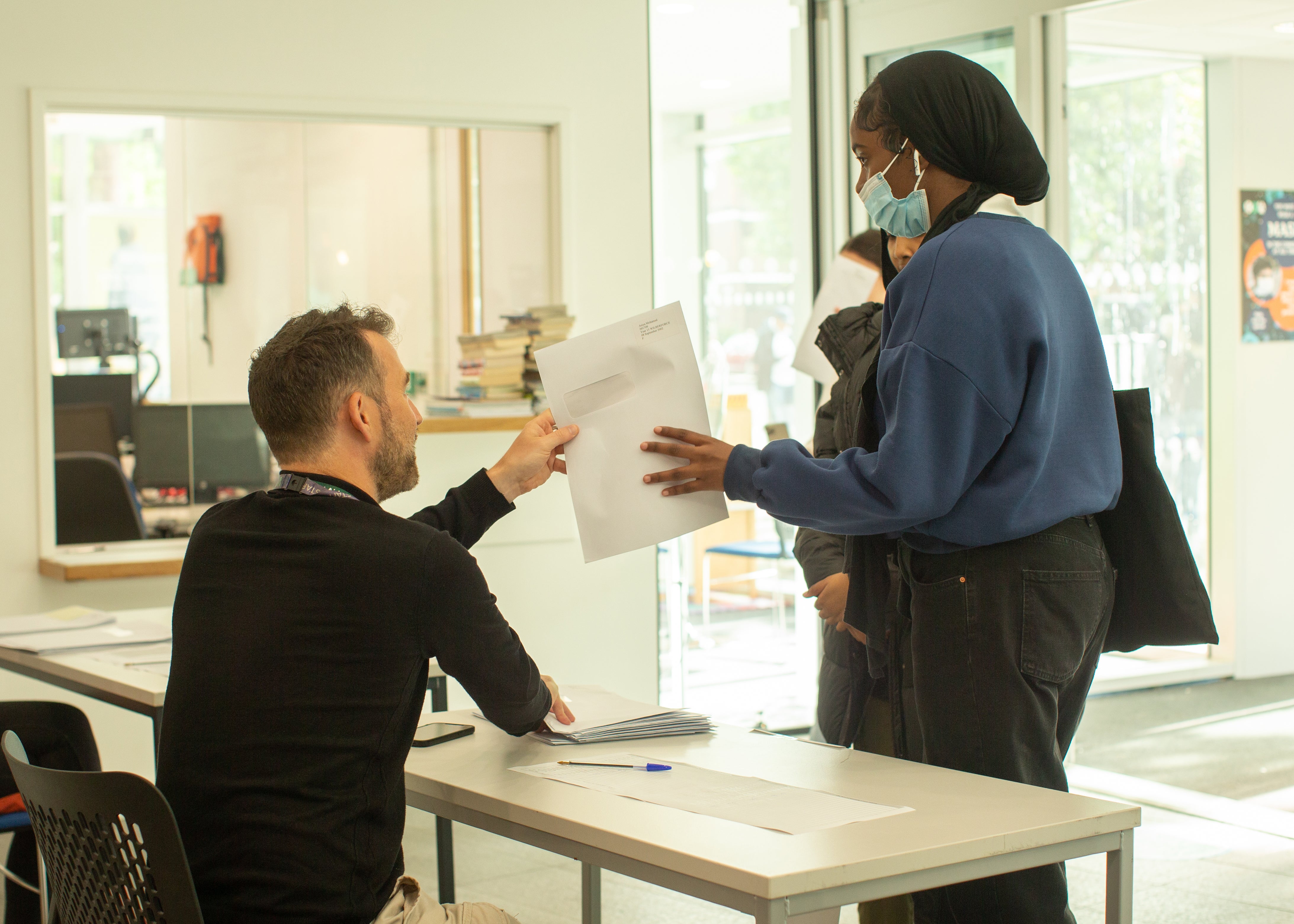Don’t bank on drop in competition for university places next year, A-level pupils warned
Anyone considering delaying the start of their course should ‘think very carefully’, education boss warns

A-level pupils have been warned not to bank on a drop in competition for university places next year as a reason to defer their entry, as tens of thousands await A-level results on Thursday.
Chris Hale, interim chief executive of Universities UK, said there was a “big demand” for university places this September but he warned the pattern was likely to continue next year so anyone considering delaying the start of their course should “think very carefully”.
Speaking during a Ucas-hosted Facebook Live session on Wednesday he cautioned: “If you are thinking of deferring and going to university next year, make sure you talk to your school, make sure you talk to your parents, your counsellors and those closest to you and just think through that decision.
“I think it’s really important because, next year, I think, there is growing demand for higher education, so it’s going to continue to be as competitive, so my advice would be to think very carefully about deferring.”
Tens of thousands of students face losing out on university places when results are released tomorrow, as ministers try to clamp down on the grade inflation seen during the pandemic.
Mark Corver, from the consultancy dataHE which helps universities manage data, said he did not advise students but if he did he “would not recommend” deferring.
He said that students should not rely on further grade “deflation” next year making it easier for this year’s pupils to get on to some popular courses – in part because the supply and demand factors which make this year a challenge are likely to intensify.
That was echoed by Clare Marchant, chief executive of UCAS, who said a rise in the number of 18-year-olds nationally means they do not anticipate next year “will be less competitive”.
She added: “This year has seen another increase in the 18-year-old population and we have seen a record numbers of those 18-year-olds apply to enter higher education in 2022, at a record rate of 44 per cent.
“These trends are set to continue in coming years. Whilst there can be good individual reasons to defer, we don’t anticipate 2023 will be less competitive. Our data, at our 30 June deadline, saw a 3.8 per cent decrease in 18-year-olds applied for deferred entry in 2023.”

A-levels are the only exams this year’s pupils have sat in the traditional fashion after the pandemic disrupted their GCSEs.
Professor of Social Mobility, Lee Elliot Major, at the University of Exeter, said this “will be one of the hardest admissions rounds in recent years” and warned that “ten of thousands of students [are] unlikely to secure their first degree choices”.
“Students without offers should phone universities to discuss other potential options when they know their grades,” he advised.
“My worry is that disadvantaged students will be squeezed out in the scramble for places – which will be increasingly disappointing given the disruption they have experienced during the pandemic. We are likely to see stark divides in performance between private and state schools,” he said.
Labour’s shadow education secretary, Bridget Phillipson, writing for The Independent, said that “fewer than one in five 16-to-19-year olds have received any support from the Conservatives’ chaotic tutoring programme”.
She said the government has failed to “guarantee a level playing field for students” who will have had varying standards of education during the pandemic.
Andrew Hargreaves, founder of dataHE, said that students should expect “more modest grade awarding, certainly more modest than in 2020 and 2021”.
A large majority of students can expect to make their grades, he added, although there will be some who miss them. Those who do miss out “can expect competition for many places in clearing”, he said.
“We’re expecting to see confirmation at the higher tariff universities stricter than we’ve seen for the past decade, though this will depend on the way the grades look overall,” Mr Hargreaves said.




Join our commenting forum
Join thought-provoking conversations, follow other Independent readers and see their replies
0Comments